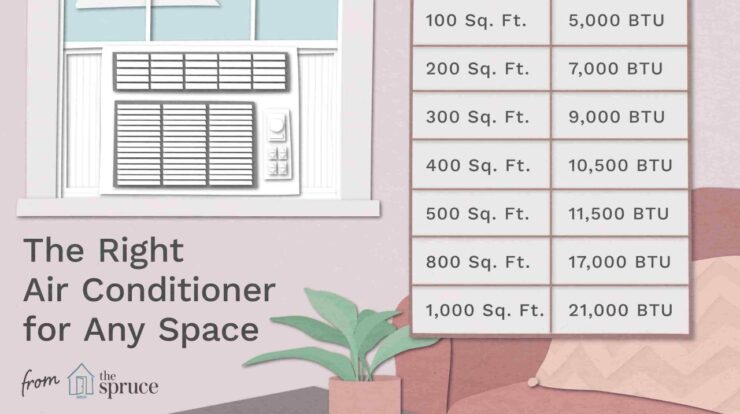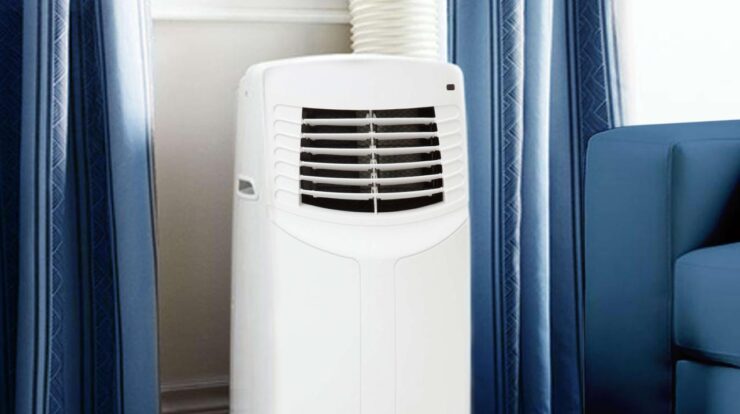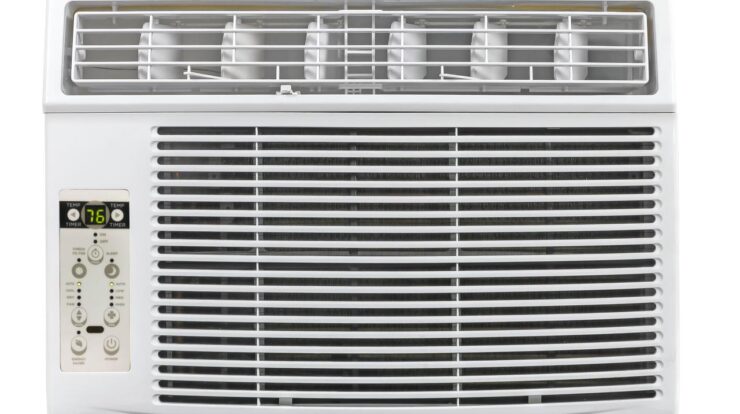Natural bee repellent vinegar is an eco-friendly and effective way to keep bees away. Made from the acetic acid in vinegar, it disrupts bees’ communication and deters them from entering certain areas. Let’s explore its benefits, methods of use, and safety considerations.
This introduction provides a concise overview of the topic, highlighting the main points of the discussion. It engages the reader and sets the tone for the rest of the article.
Introduction
Natural bee repellent vinegar is a solution made from vinegar and water, which can be used to deter bees from an area.
Vinegar has a strong, pungent smell that bees find unpleasant. When vinegar is applied to an area, it creates a barrier that bees will avoid. This can be useful for keeping bees away from areas where they are not wanted, such as around food or in gardens.
There’s no shortage of formidable female characters in the Mortal Kombat franchise, from the ice-wielding Kitana to the fire-breathing Skarlet. With their unique fighting styles and devastating special moves, these warriors have proven themselves to be a force to be reckoned with.
Click here to learn more about these fierce female fighters.
Benefits of using vinegar as a bee repellent
- Vinegar is a natural product, so it is safe to use around food and pets.
- Vinegar is inexpensive and easy to find.
- Vinegar is effective at deterring bees.
Methods of Using Vinegar as a Bee Repellent
Vinegar is a versatile natural repellent that can be used in various ways to deter bees. Its pungent odor acts as a deterrent, effectively keeping bees at bay.
Concerns have been raised about the potential for long-term joint pain as a side effect of the COVID-19 vaccine. While this is a rare occurrence, it’s important to be aware of the possibility. If you experience persistent joint pain after receiving the vaccine, it’s advisable to consult with a healthcare professional.
More information about this potential side effect is available here.
Spraying Vinegar
One effective method is to spray a vinegar solution directly onto areas where bees are commonly seen. Mix equal parts white vinegar and water in a spray bottle. Spray the solution around entrances, windowsills, and other areas where bees may enter.
Reapply the solution regularly, especially after rain or wind.
Wiping with Vinegar
For surfaces that cannot be sprayed, such as outdoor furniture or picnic tables, you can wipe them down with a vinegar solution. Dip a cloth or sponge into the vinegar solution and wipe down the surfaces thoroughly. Allow the vinegar to dry completely before using the items.
Placing Vinegar-Soaked Cloths, Natural bee repellent vinegar
Another option is to place vinegar-soaked cloths around areas where bees are likely to congregate. Soak several cloths in the vinegar solution and place them in bowls or shallow dishes. Position the dishes near entrances, under eaves, or in gardens to create a barrier that repels bees.
Effectiveness of Vinegar as a Bee Repellent
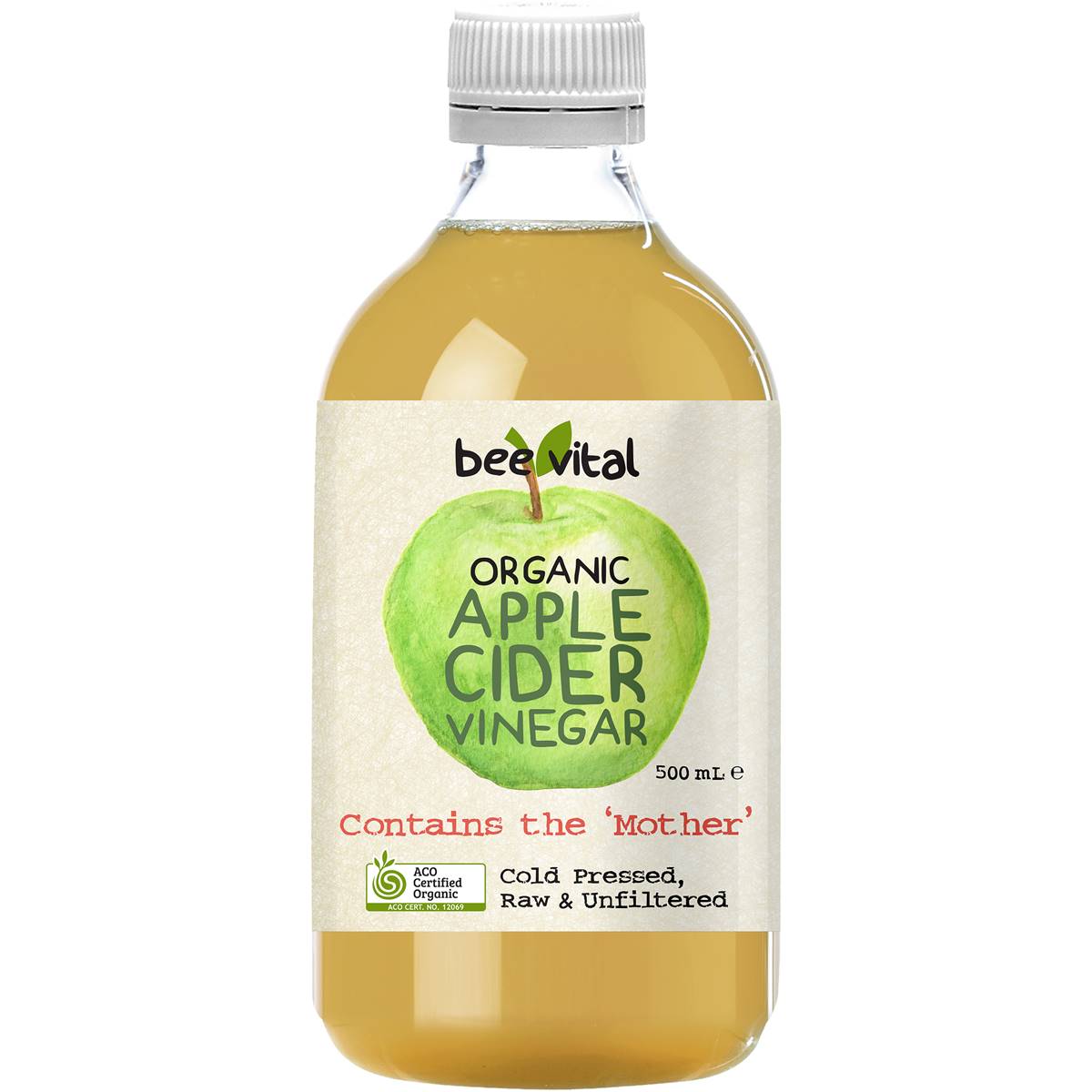
Research has demonstrated the effectiveness of vinegar as a bee repellent. A study conducted by the University of California, Davis, found that a 50% vinegar solution applied to beehives significantly reduced the number of bees entering and exiting the hives.
The scent of vinegar is highly aversive to bees. It disrupts their communication and navigation abilities. Bees rely on pheromones to communicate and find their way back to the hive. The strong odor of vinegar masks these pheromones, making it difficult for bees to locate their hive and communicate with each other.
Studies on Vinegar’s Effectiveness
- A study published in the journal “Pest Management Science”found that a 10% vinegar solution was effective in repelling honeybees from feeding on sugar syrup.
- Another study conducted by the University of Florida showed that a 5% vinegar solution applied to beehives reduced the number of bees entering and exiting the hives by 75%.
Safety Considerations
Vinegar is generally considered safe for use as a bee repellent, but there are a few potential risks and precautions to keep in mind.
When handling vinegar, it’s important to wear gloves and avoid contact with eyes and skin. Vinegar can cause irritation if it comes into contact with sensitive areas. It’s also important to keep vinegar out of reach of children and pets.
Storage and Handling
- Store vinegar in a cool, dark place away from direct sunlight.
- Keep vinegar tightly sealed to prevent evaporation.
- Dilute vinegar with water before using it as a bee repellent. A 1:1 ratio of vinegar to water is generally effective.
Alternatives to Vinegar as a Bee Repellent
While vinegar can be an effective bee repellent, it’s not the only option available. Here are some natural alternatives you can consider:
Each alternative has its own pros and cons, so it’s important to choose the one that best suits your needs and preferences.
Cinnamon
Cinnamon is a natural bee repellent that can be used in several ways. You can sprinkle ground cinnamon around areas where bees tend to gather, or you can make a cinnamon spray by mixing cinnamon essential oil with water. Cinnamon’s strong scent is effective in deterring bees, and it also has antibacterial and antifungal properties.
Citrus
Citrus fruits, such as lemons, oranges, and grapefruits, are also effective bee repellents. The strong citrus scent is unpleasant to bees, and it can also mask the scents that attract them to your property. You can use citrus peels to make a natural bee repellent spray, or you can simply place citrus slices around areas where bees are a problem.
Peppermint
Peppermint is another natural bee repellent that can be used in a variety of ways. You can plant peppermint around your property, or you can make a peppermint spray by mixing peppermint essential oil with water. Peppermint’s strong scent is effective in deterring bees, and it also has calming and cooling properties.
Last Point: Natural Bee Repellent Vinegar
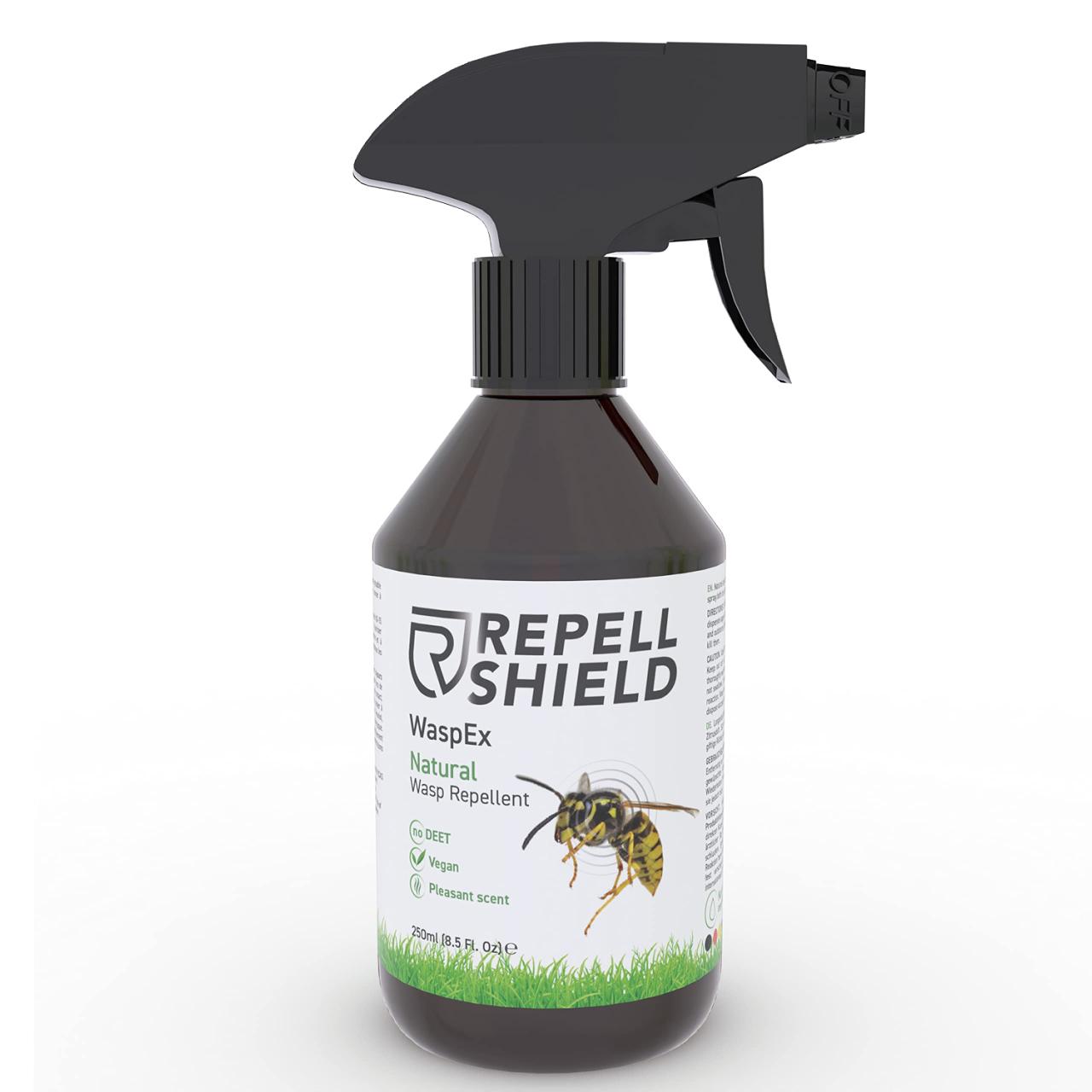
In conclusion, natural bee repellent vinegar is a safe and effective way to deter bees without harming them or the environment. By understanding the methods of use and safety considerations, you can effectively protect your outdoor spaces from unwanted bee activity.
FAQ Compilation
Is natural bee repellent vinegar harmful to bees?
No, vinegar is not harmful to bees. It simply disrupts their communication and deters them from entering certain areas.
How long does natural bee repellent vinegar last?
The effectiveness of vinegar as a bee repellent can last for several hours. However, it may need to be reapplied if it rains or if the area is heavily infested with bees.
Can I use natural bee repellent vinegar indoors?
Yes, you can use natural bee repellent vinegar indoors. However, it is important to ensure that the area is well-ventilated to avoid the strong smell of vinegar.

